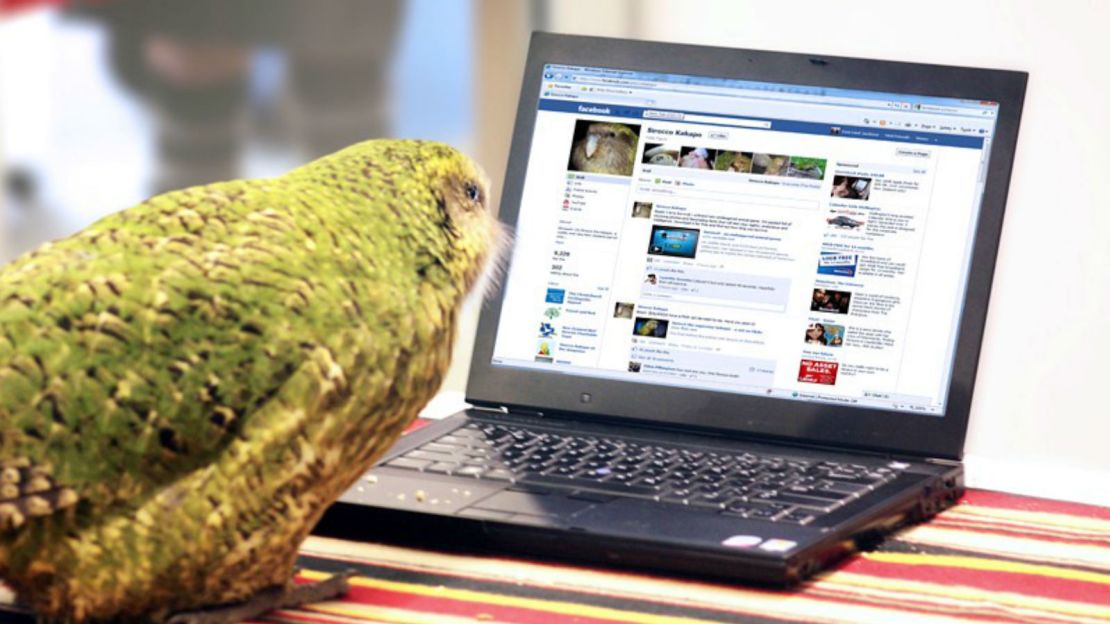Behold the delightful kākāpō, a flightless bird that holds the honor of being the fattest kind of parrot in the world. These roly-poly land angels are native to New Zealand, and unfortunately, they are also critically endangered: Up until recently, there were only 147 of them.
However, the birds have just produced what could be a life-changing baby boom. Kākāpō parents have popped out at least 75 living chicks from more than 180 eggs this breeding season, breaking previous breeding records and thrilling New Zealand conservationists.
You see, according to the New Zealand Department of Conservation, kākāpōs are pretty picky about when they get it on. They only mate every few years when a particular tree, called a rimu tree, puts out an abundance of fruit.
When you have a critically endangered population of precious green potatoes and a country deeply invested in making sure they survive, breeding season becomes an all-hands-on-deck affair. Scientists not only work to encourage kākāpō mating, they also help incubate and monitor eggs and nests.
This year’s batch of freshly-hatched kākāpōs are also part of the species’ longest-recorded breeding season, so all in all, things are looking up.
The most famous kākāpō can lead the way

Of course, no story about the kākāpō can go without mention of Sirocco, the most famous and misguidedly amorous kākāpō in the world. Sirocco gave us one of the best nature videos in history when, in 2009, he climbed atop a BBC cameraman shooting a nature documentary and enthusiastically attempted to mate with his head. You have never seen an animal so deeply, deeply happy and deeply, deeply incorrect as Sirocco in his moment of lust. (The cameraman, Mark Carwardine, was not as enthralled.)
After Sirocco’s viral liason, Prime Minister John Key named him New Zealand’s “Official Spokesbird for Conservation.” Sirocco is still alive and flapping at the spry age of 22. Kākāpō can potentially live to 60, so by all accounts, he still has lots of love to give. Now, if the rest of his kind can follow his lead – and with a more suitable partner than the back of a person’s head – we’ll have many more seasons of kākāpō procreation to enjoy.




